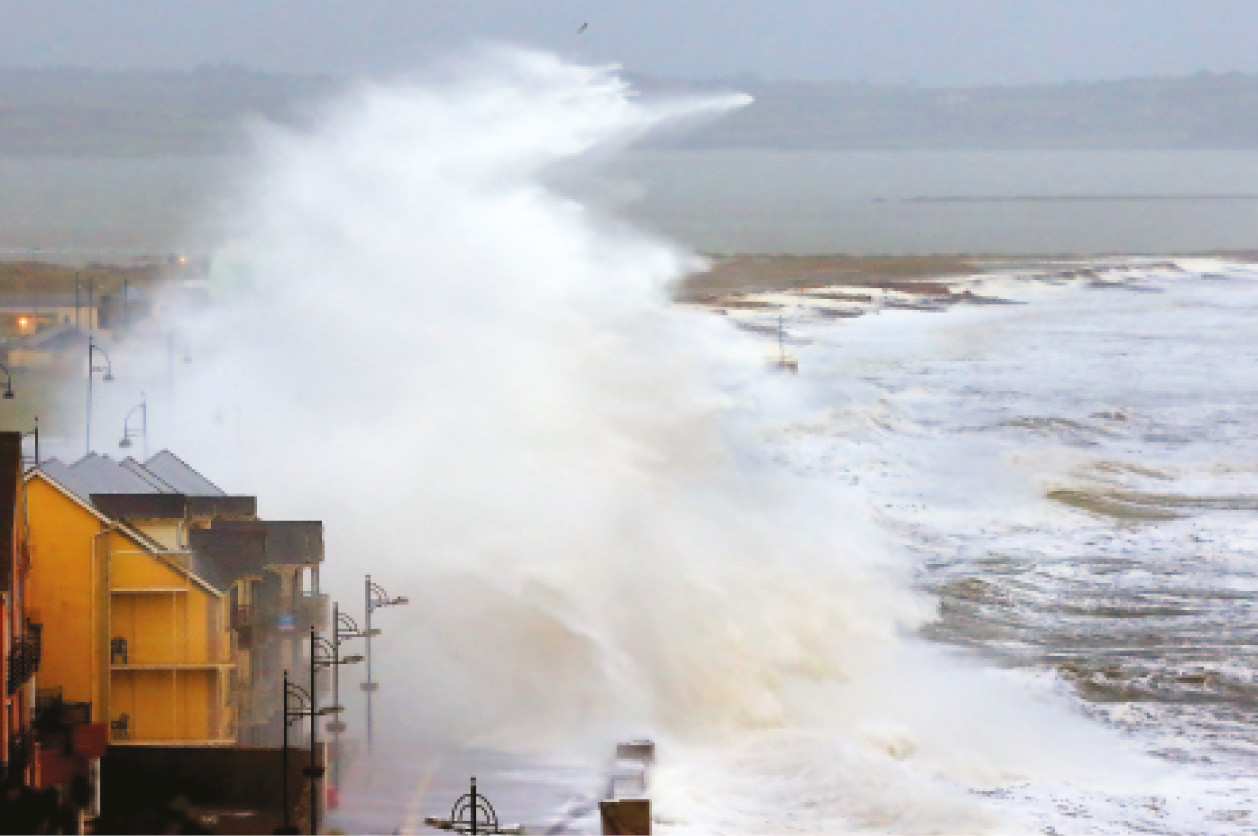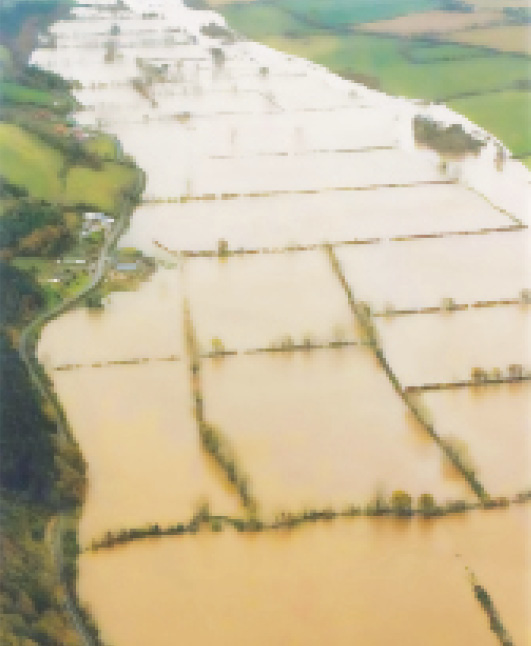Climate Change and Environment

The Council recognises and understands the significance of protecting our natural environments and the potential adverse impacts climate change could have on our way of life.
Climate change adaptation and mitigation and reduction in CO2 will underpin the development plan which will deliver a more climate resilient Waterford for future generations. Key objectives in this regard will be:
Adaptation Measures
- To Implement 8 goals and 25 specific objectives of the “Waterford City and County Council Climate Change Adaptation Strategy 2019-2024”;
- These include the mainstream adaptation, implementing informed decision making, building reliance to the effects of Climate Change, capitalising on opportunities; and provide green infrastructure measures to control/ manage surface water;
Mitigation Measures
- LED retro fitting of 16,000 WCCC public lighting to begin in 2020;
- Reduce energy consumption to meet 2020 and 2030 energy and CO2 targets;
- Ensure that all WCCC housing stock has a minimum energy rating of B2, by 2030;
- Implement sustainable transport measures such as cycling lanes, electrical vehicles charging infrastructure and community rural transport services;
- Increase the level of tree coverage in both urban and rural areas;
- Promote compact growth through reducing the need to travel;
- Promote passive solar design and energy efficient Nearly Zero Energy Buildings;
- Prioritise sustainable and active modes of travel;
- Promote waste reduction and the re-use of existing building stock;
- Place residential, employment, commercial, community services within easy 10 min walking and cycling catchments.
Development if not managed in the correct way can intensify natural flooding process, therefore a strategic flood risk assessment will be carried out to avoid flood risk and substitute less vulnerable uses when avoidance is not possible.
As part of the preparation of the development plan the Council will include policies to support the reduction of the impacts of climate change, promote energy
conservation and greater use of renewable energy sources/ technologies as well as identifying measures to minimise the potential for flooding in the area.
The development plan will also be subject to Strategic Environmental Assessment (SEA) and Appropriate Assessment (AA) to consider its potential effects on the natural environment and on EU protected sites (Natura 2000) and their networks.
Key Information


WCCC’s Climate Change Adaptation Strategy
adopted 2019

sea level rise by 2050



Reduce fossil fuels and reliance on gas, oil and peat



Reduce CO2 emissions by 30% by 2030 from that basis net zet zero emissions by 2050



Support the decarbonising of heating building, transport and related emissions


Key Questions
- What are the opportunities and challenges for Waterford in light of climate change?
- How do you think the development plan policy can assist in bringing about a reduction in CO2 levels in line with national policy?
- What do you think the impacts of climate change will be in your area?
- How do you think the policies and objectives of the development plan can make a climate resilient place in which to live?
- In light of climate action targets, what areas should be identified for district heating and micro- generation schemes?
- (A) Can the development plan influence new developments so that they are self-sufficient in meeting their energy requirements; and (B) Contribute to the future overall energy demand of their locality i.e. commercial, domestic, transport etc?
